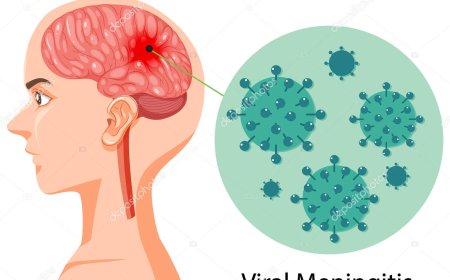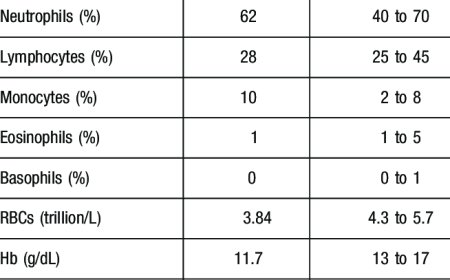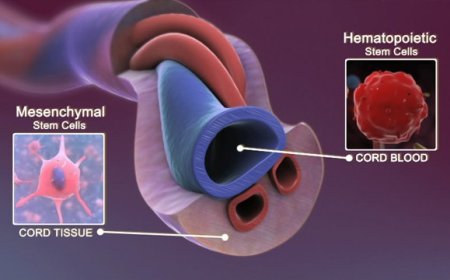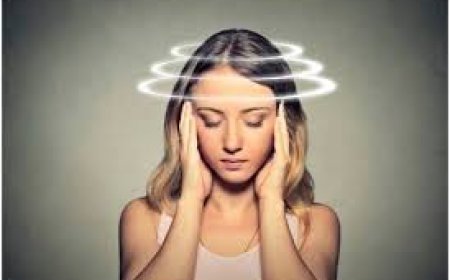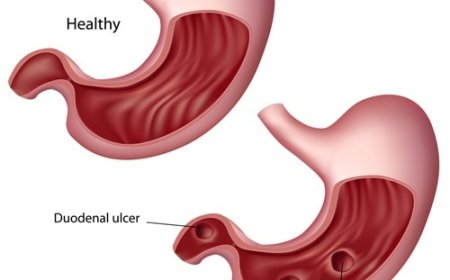Epstein-Barr Virus
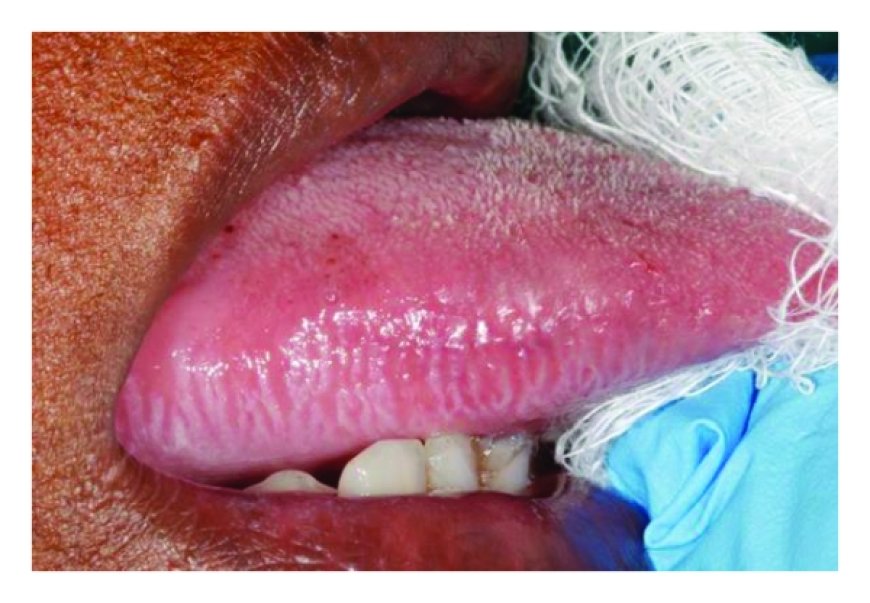
Introduction :
In this article, we'll explore the Epstein-Barr Virus (EBV), a common virus that can affect people in India. We'll discuss what EBV is, its signs and symptoms, causes, risk factors, types, diagnostic tests, treatments, complications, and prevention techniques, all explained in simple language for our 10-year-old readers.
Sign and Symptoms:
The Epstein-Barr Virus can be like a sneaky guest, causing changes in a person's body. Some common signs and symptoms of EBV infection include:
- Feeling tired and weak, like having less energy to play and enjoy activities.
- Having a sore throat, like a scratchy feeling in the throat.
- Having swollen glands in the neck, like tiny lumps that can be felt under the skin.
What is Epstein-Barr Virus? :
The Epstein-Barr Virus (EBV) is a tiny microbe called a virus. It's like a little troublemaker that can cause infections and make people feel unwell.
How Is Epstein-Barr Virus Classified? :
Epstein-Barr Virus is not classified into different types, but it can affect people differently. Some may have mild symptoms, while others may have more severe symptoms.
Causes and Triggers:
The Epstein-Barr Virus spreads from person to person through tiny droplets in the air, like when someone coughs or sneezes. It can also spread through sharing things like cups or utensils with someone who has the virus.
Risk Factors with Examples:
Certain factors can increase the chances of a person getting infected with EBV. For example:
- Being in close contact with someone who has EBV, like a family member or friend, can increase the risk of getting the virus.
- Having a weakened immune system, like when someone is very sick or on certain medicines, can also increase the risk of getting infected.
Types of Epstein-Barr Virus:
The Epstein-Barr Virus doesn't have different types, but it can cause different infections in the body. One common infection is mononucleosis, also known as "mono," which can cause symptoms like a sore throat, fever, and tiredness.
Diagnostic Tests and Their Use:
To diagnose EBV infection, doctors may use special tests to check for the virus in the body. Some common tests include:
- Blood Test: This is like taking a small sample of blood to check for the presence of EBV antibodies.
- Monospot Test: This test can detect antibodies in the blood to confirm the presence of EBV infection.
Treatments:
There is no specific medicine to treat EBV infection, but doctors may recommend some things to help the person feel better. Some common treatments are:
- Rest: Getting plenty of rest can help the body fight off the virus and recover faster.
- Drinking Fluids: Drinking lots of water and fluids can help keep the body hydrated and support healing.
Complications of Epstein-Barr Virus:
Most people recover from EBV infection without complications. However, in some cases, it can lead to more severe illnesses, especially in those with weakened immune systems.
Prevention Techniques:
Preventing EBV infection is essential, and some techniques can help avoid spreading the virus. For example:
- Washing hands regularly, like a superhero protecting the body from harmful germs.
- Avoiding sharing cups, utensils, or personal items with someone who has EBV, like keeping our things to ourselves.
Remember, just like how we protect ourselves from rain with an umbrella, taking care of our health and following good hygiene habits can keep us safe from viruses like EBV. If anyone feels unwell or notices any unusual changes in their body, it's essential to tell a grown-up and seek medical help for proper evaluation and guidance. With curiosity and good health habits, we can embrace every joyful moment in India's beautiful world, staying healthy and happy!
What's Your Reaction?
 Like
0
Like
0
 Dislike
0
Dislike
0
 Love
0
Love
0
 Funny
0
Funny
0
 Angry
0
Angry
0
 Sad
0
Sad
0
 Wow
0
Wow
0


























































